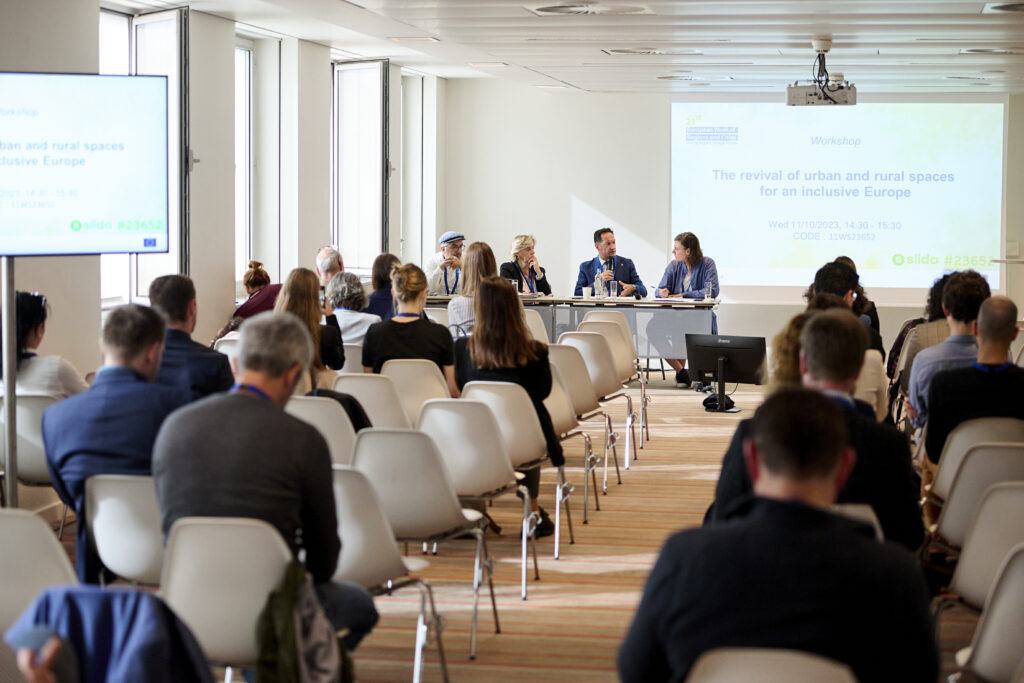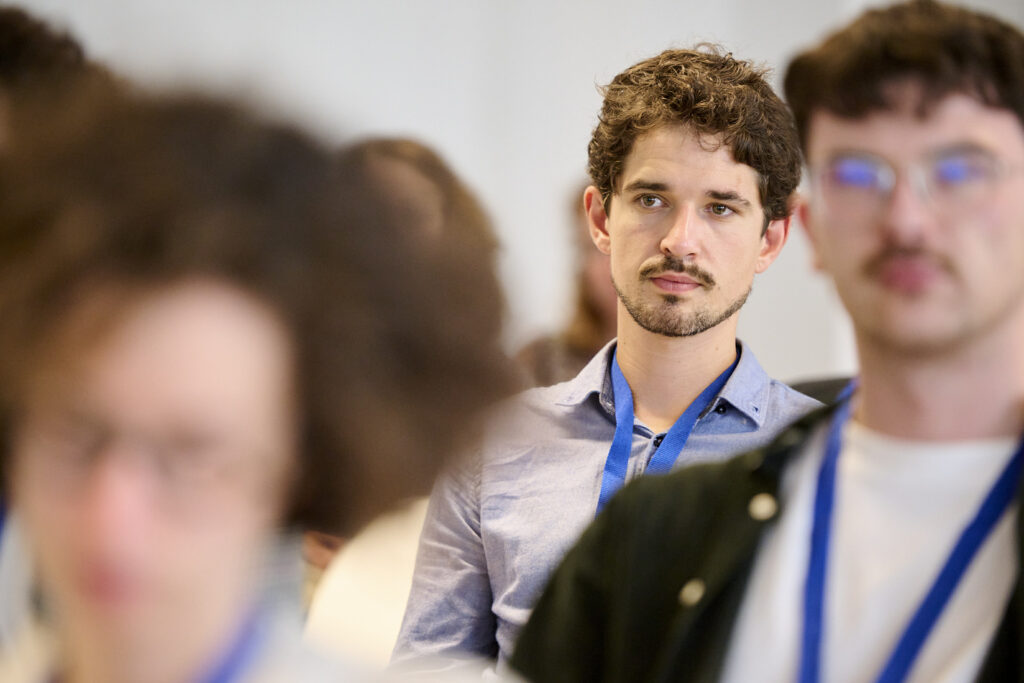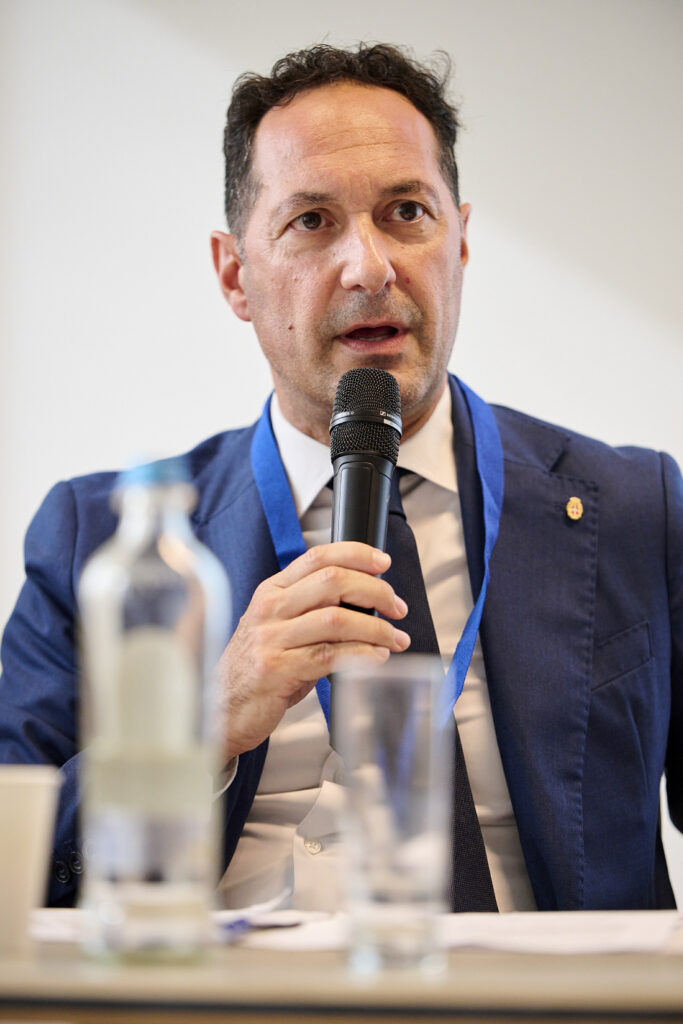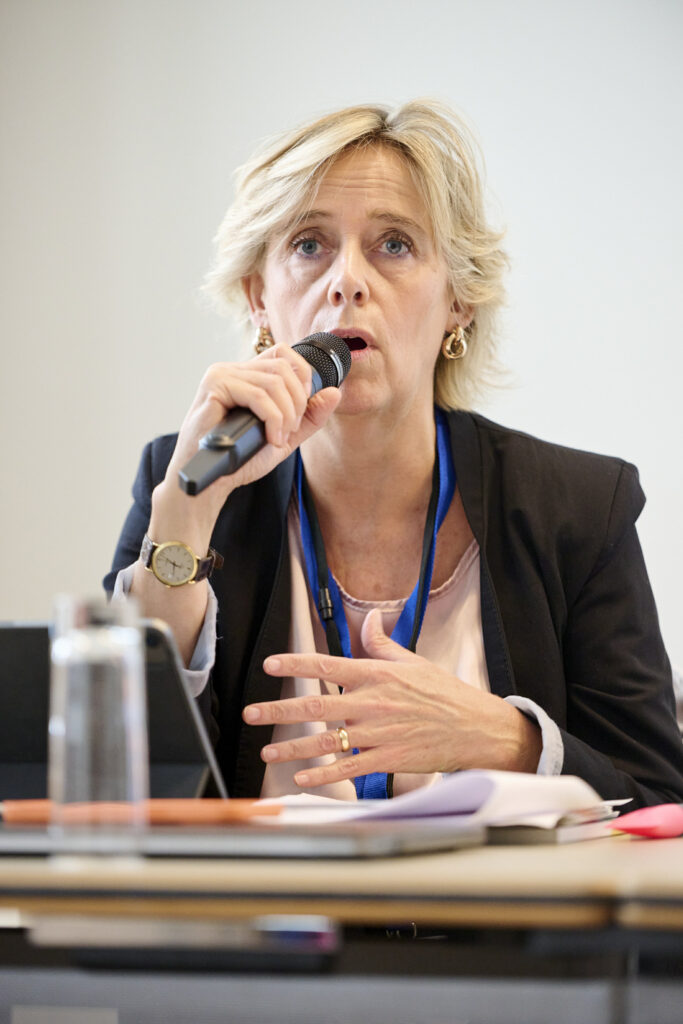ENGLISH VERSION, ITALIAN BELOW
From the 10th to the 13th of October, ALDA organised the “COMPASS National Training Course: Empowering Young Leaders for More Sustainable and Inclusive Communities” on Human Rights Education in Vicenza, Italy. This event received support from the Youth Department of the Council of Europe and was held under the patronage of the Municipality of Vicenza.
The course brought together youth workers, human rights activists, representatives of youth associations, volunteers, and teachers from various regions across Italy. Its primary goal was to enhance skills related to Human Rights Education (HRE) and to promote the pivotal role of educators and human rights workers in the implementation of HRE activities and programs in their respective contexts. This focus centred on supporting young people’s access to their rights.
More than 20 participants enthusiastically engaged in the course, which encompassed activities and exchanges grounded in Human Rights Education, utilizing non-formal educational methodologies.
ALDA’s team of trainers, in collaboration with Emilia Astore, a Council of Europe trainer, and Marialuisa Silvestrini, a representative at the Presidency of the Council of Ministers Department for Youth Policies and Universal Civil Service, worked closely with the participants. They conducted a variety of activities based on COMPASS – Manual for Human Rights Education with Young People and other tools and methodologies. The objective was to delve deeper into the principles, methods, and practices related to Human Rights Education.
In the weeks to come, a comprehensive report of this initiative will be published. This report aims to capitalize on the outcomes of the training and establish the groundwork for further activities related to Human Rights Education through non-formal methodologies in new local contexts, ensuring a long-term impact.
More than 20 participants enthusiastically engaged in the course, which encompassed activities and exchanges grounded in Human Rights Education, utilizing non-formal educational methodologies
Dal 10 al 13 Ottobre, ALDA ha organizzato il Corso di Formazione Nazionale COMPASS “Empowering young leaders for more sustainable and inclusive communities” sull’Educazione ai Diritti Umani a Vicenza, con il sostegno del Dipartimento della Gioventù del Consiglio d’Europa e con il patrocinio del Comune di Vicenza.
Il corso ha coinvolto operatori giovanili, attivisti per i diritti umani, rappresentanti di associazioni giovanili, volontari e insegnanti provenienti da diverse regioni italiane, con lo scopo di rafforzare le competenze relative all’Educazione ai Diritti Umani (EDU) e a promuovere il ruolo degli educatori e degli operatori dei diritti umani nell’implementazione di attività e programmi EDU nei loro contesti, concentrandosi sul sostegno all’accesso dei giovani ai diritti.
Oltre 20 partecipanti hanno preso parte con grande entusiasmo al corso, che ha visto momenti di attività e scambio basati sull’Educazione ai Diritti Umani con metodologie di educazione non formale.
Il team di trainer di ALDA, insieme ad Emilia Astore, formatrice presso il Consiglio d’Europa, e a Marialuisa Silvestrini, rappresentante presso la Presidenza del Consiglio dei Ministri Dipartimento per le Politiche giovanili e il Servizio civile universale, hanno lavorato insieme ai partecipanti, realizzando numerose attività basate su COMPASS – Manuale per l’educazione ai Diritti Umani con i giovani ed altri strumenti e metodologie, con l’obiettivo di approfondire principi, metodi e pratiche riguardanti l’Educazione ai Diritti Umani.
Le quattro giornate di formazione hanno rappresentato una grande opportunità di apprendimento e confronto per tutte le persone coinvolte, che hanno potuto mettere in gioco le proprie conoscenze e competenze, derivanti dai loro diversi background. E’ stata anche una preziosa opportunità di networking, con l’obiettivo di replicare la formazione e ulteriori idee progettuali nei loro contesti e sviluppare potenziali collaborazioni future.
Infine, nelle prossime settimane verrà pubblicato un report relativo all’iniziativa, con lo scopo di capitalizzare sui risultati di questa formazione e di gettare le basi per implementare ulteriori attività legate all’Educazione ai Diritti Umani attraverso metodologie non formali in nuovi contesti locali garantendo un impatto di lungo termine.







